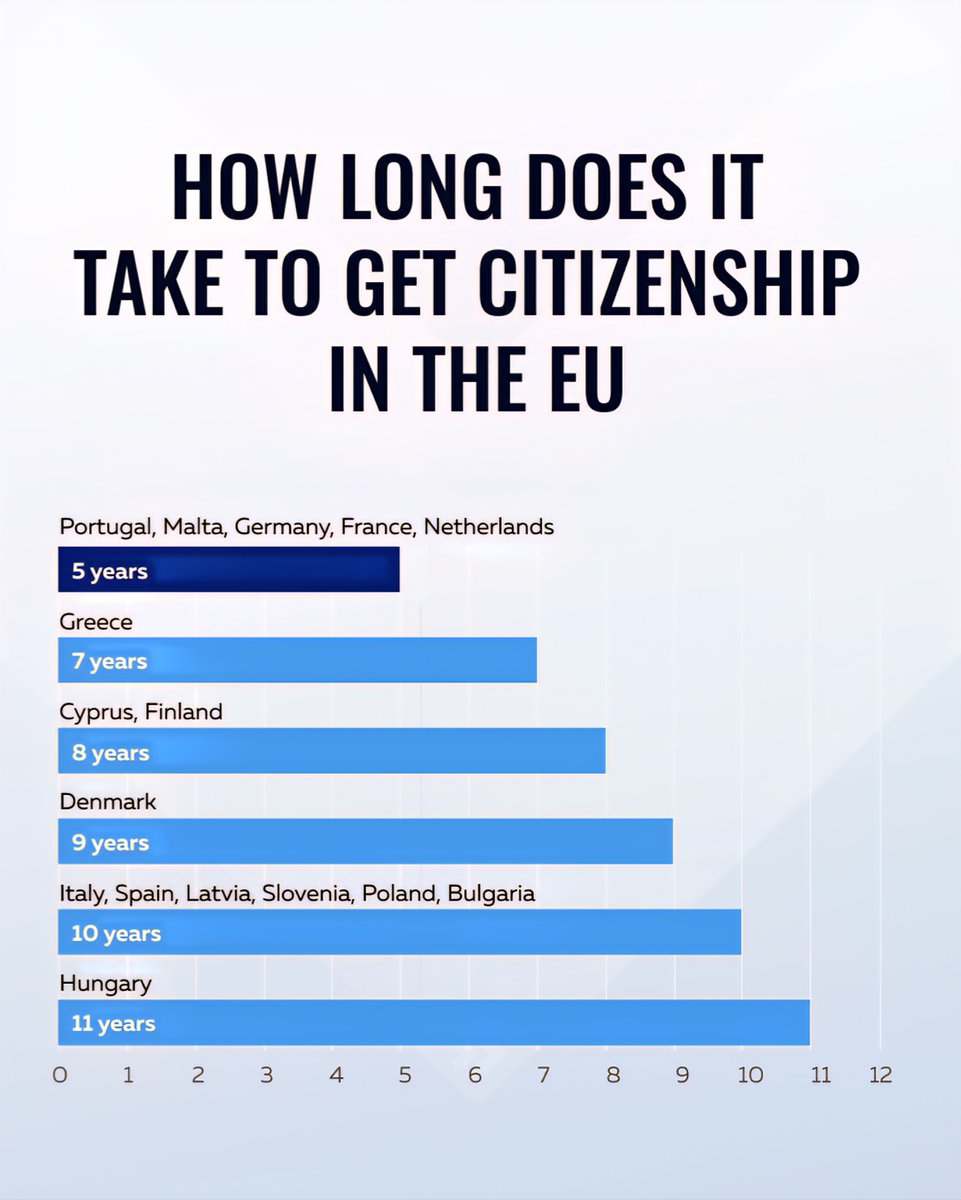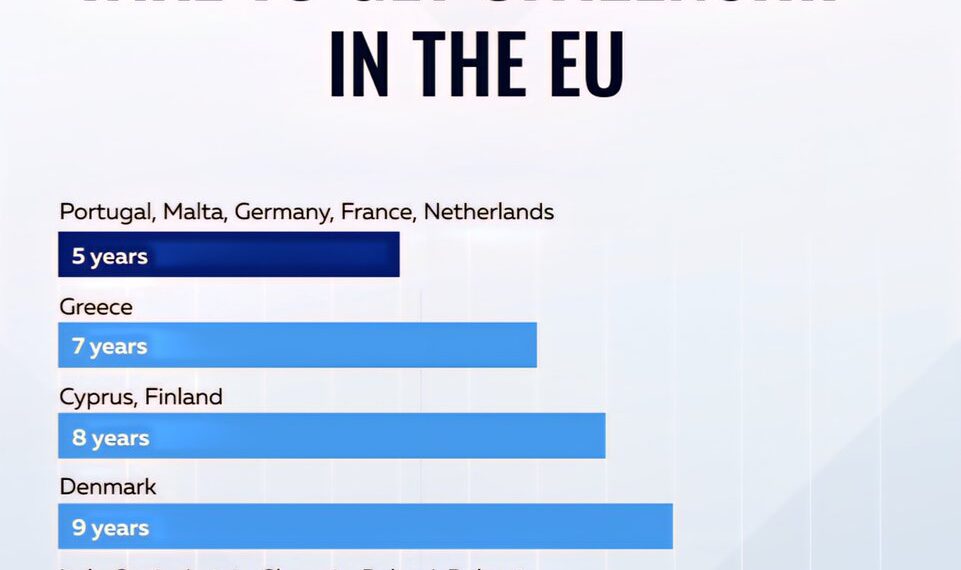Select Language:
EU Citizenship Waiting Times: What You Need to Know in 2025

The process of obtaining European Union (EU) citizenship has always been a topic of interest for many seeking new opportunities and mobility within Europe. As of 2025, the timeline for acquiring EU citizenship varies significantly depending on the country and individual circumstances. Here’s a detailed breakdown for prospective applicants looking to understand the current landscape.
1. Average Residency Requirements for EU Citizenship
Most EU member states have set mandatory residency periods before individuals can apply for citizenship. The typical requirement ranges from 5 to 10 years, but this can differ based on the applicant’s origin and the country’s specific policies. For example:
- Spain and Portugal: Usually require a minimum of 5 years of legal residence.
- France and Italy: Typically ask for 5 years, but with some exceptions like marriage.
- Germany: Generally mandates 8 years, but this can be reduced to 7 with integration courses.
- Austria: Usually necessitates 10 years of residence, with at least 3 years of continuous residence.
2. Impact of Citizenship by Investment Programs
Some EU countries have introduced or expanded citizenship through investment options, which can significantly shorten waiting times—sometimes as little as 1-2 years. Countries like Malta and Portugal are popular among investors because of their streamlined process.
- Malta: Offers a fast-track citizenship program, with eligibility after approximately 12-14 months of investment and residence.
- Portugal: Provides a Golden Visa program that leads to citizenship after 5 years, with specific investment criteria.
However, these routes often come with hefty financial requirements and stricter background checks, making them accessible primarily for high-net-worth individuals.
3. Marriage and Family Connections
Marriage to an EU citizen can considerably reduce waiting periods for citizenship, depending on the country:
- Belgium: Allows spouses of Belgian citizens to apply for citizenship after just 3 years of marriage and residence.
- Romania and Greece: Also offer relatively accelerated pathways, sometimes as short as 3 years, if the applicant has stable family ties.
Parents with children born in EU countries may also have certain privileges, reducing the timeline for naturalization.
4. Naturalization Process and Processing Times
Once the residency requirements are met, the naturalization process itself can take anywhere from several months to over two years. Factors influencing processing times include:
- Administrative efficiency of the country.
- Completeness of application documents.
- Background checks and interviews.
In 2025, some countries like Portugal and Estonia have streamlined their procedures, offering quicker turnaround times due to digital application systems. Others, like France and Germany, still face longer waits, sometimes up to 24 months, due to high application volumes and rigorous verification processes.
5. Special Circumstances and Fast-Track Options
Certain categories of applicants can benefit from expedited procedures:
- High-skilled workers and investors: Countries like Germany and the Netherlands sometimes offer faster naturalization pathways for those with high-demand skills or significant investments.
- Refugees and asylum seekers: Usually have different pathways, which can be lengthier but often come with residency exemptions or reduced waiting times.
Additionally, countries are increasingly recognizing the importance of overseas communities and differentiated policies that can accelerate citizenship for members of the diaspora or those contributing significantly to local economies.
In conclusion, 2025 has seen a diverse landscape for EU citizenship waiting times. While some countries promote streamlined or faster routes through investment, marriage, or exceptional skills, others maintain longer residency requirements. Prospective applicants should carefully research the specific policy environment of their chosen country and consider legal advice or consultancy services to navigate the complex process effectively.
[Image Source: Twitter]







